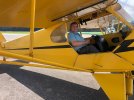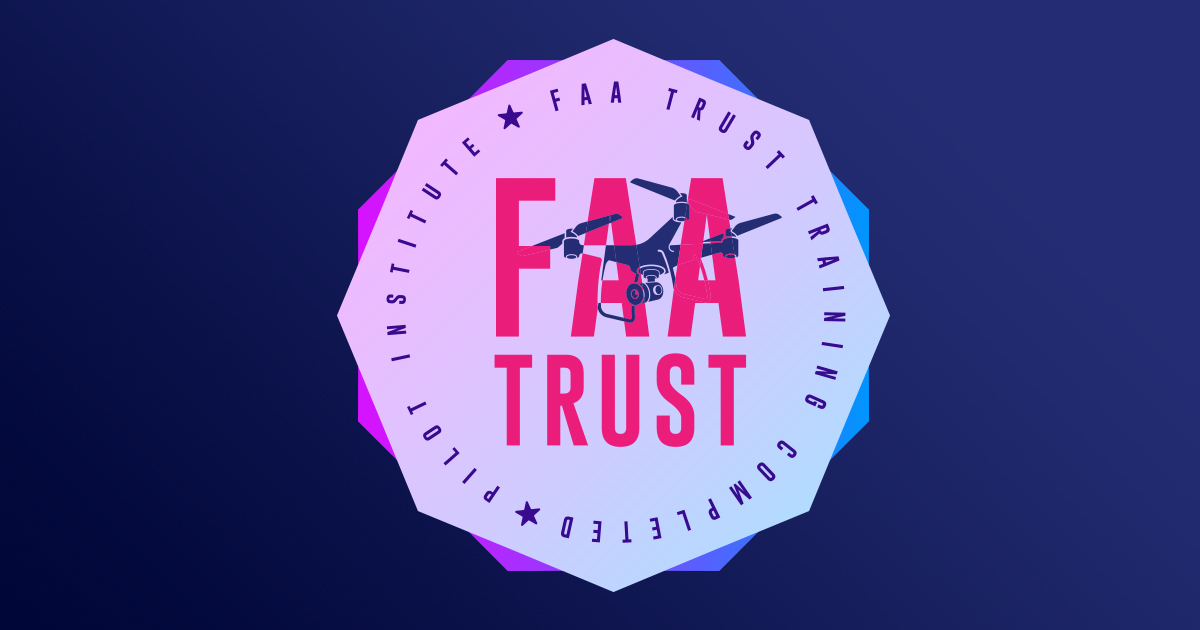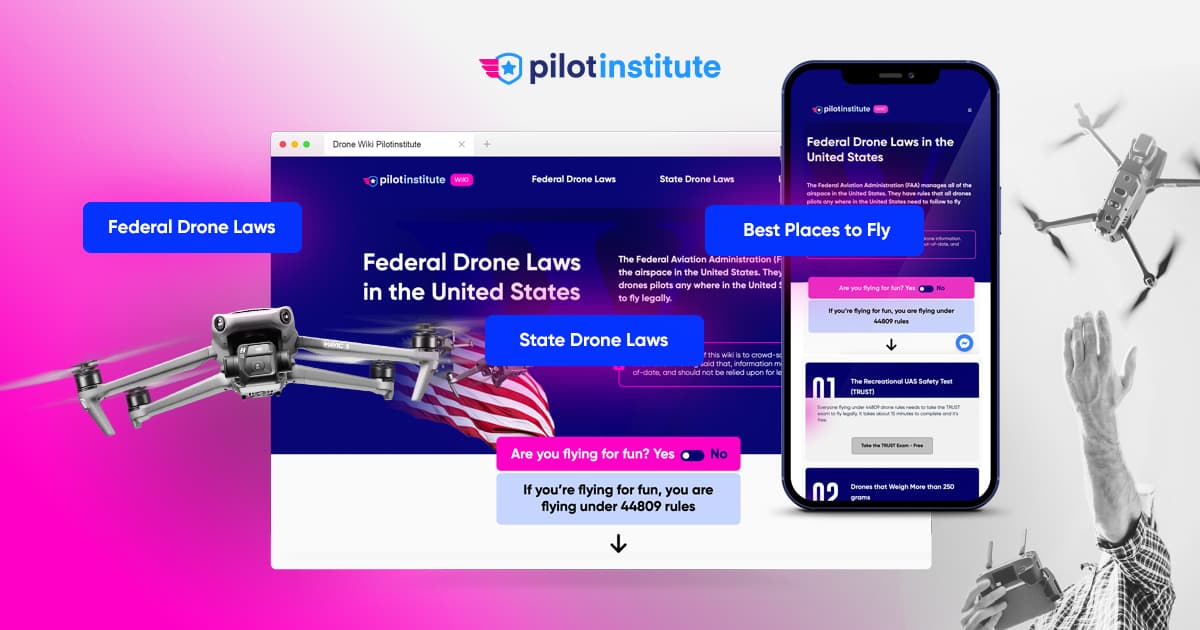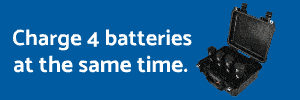I'm in southwest Tennesse and am ignorant of drones, but interested in the
Air 2S
Welcome from the Hampton Roads area of Virginia, USA. We have a Member's Map in the Upper Right of the Title Bar.

mavicpilots.com
As an Unmanned Aircraft Systems (UAS) Pilot, the FAA term for a Drone Pilot, there are a couple of Legal Things you need to do…
You will need to get your TRUST Certificate. You can get that at the Pilot Institute Web Site (FREE…) . The
A2S weighs more than 250-grams (0.55 pounds) so you will be required to register your Drone.
Link to the Pilot Institute Web Site (FREE…)
Get your FAA TRUST Certificate of Completion to legally fly drones for recreational reasons in the United States.

trust.pilotinstitute.com
Link to the FAADroneZone (Optional for Drones under 250-Grams…)

faadronezone.faa.gov
Since you live in Tennessee, there are specific laws and rules for you to follow, please check the link below for all the Rules and Laws that are in effect in your neck of the woods and it also links you to some of the Best Places to Fly in your area… Also, if you travel on vacation, visit friends, and relatives in other parts of the country, check back here so you do not run afoul of the law.

pilotinstitute.com
Here is some Good Old Fashion Advice for Newbes…
Do not let the excitement of the moment get the best of you. When you are going out to fly, do it slowly and deliberately. Get used to a set procedure and even practice it.
There are so many things I could write but these are the highlights that I feel need mentioning.
Plug in your phone/tablet into your controller; turn on the Controller and DJI Fly App (if it does not start on its own…). On the Drone, open the front legs, then open the back legs, then remove the Gimbal Cover.
The Gimbal is the most delicate item on the Drone and banging or bumping can damage it. I also fastened a short "Remove Before Flight" ribbon to the cover so it's more noticeable and I do not forget to remove it…
Turn on the drone and watch it come to "life." Watching the Gimbal go through its self-check is almost like watching a kitten or puppy opening its eyes for the first time…
Place the drone down (preferably on a Landing Pad) while it finishes its self-test (collecting satellites, etc…).
Check your battery status (Phone, Drone, and Controller), check the Signal Strength, by now the Controller should have reported it updated the Home Point.
Lift off, 4-5 feet (1-1/2 meters) or so, hover a bit, check the controls (move the drone a bit forward, back, left, right, yaw left and right). By now, your Controller will probably report again, Home point Updated.
If you go out in a rush and race thru your start up and take off before the drone has finished it prep, it may update its Home Point over that pond or that old tree you are flying over and in your excitement, you'll fly the drone long past it Low Battery point and when it engages Return to Home and lands in the pond or in a tree; it will be all on you…
Now go have fun, learn to fly the drone by sight before you try to fly it out a distance depending on the video feed, FPV.
I would also advise you to use YouTube and watch a lot of the Videos on flying and setting up the Drone. When it is too dark, too cold, or too wet, you can "fly it vicariously" through YouTube. Also watch some of the Blooper Drone Videos and learn how not to fly your "New Baby."
On the off chance you do get the
Air 2S, below is the link to all of the downloads offered by DJI for the
Mavic Air 2s, including the User Manual.
After you read the Manual, read it again, you will be surprised what you missed the first time and you will be better prepared for that first "scary moment…"
Learn and download
Mavic Air 2 related apps, software, and manuals at the DJI Download Center

www.dji.com
Happy, Safe and Legal Droning…



















